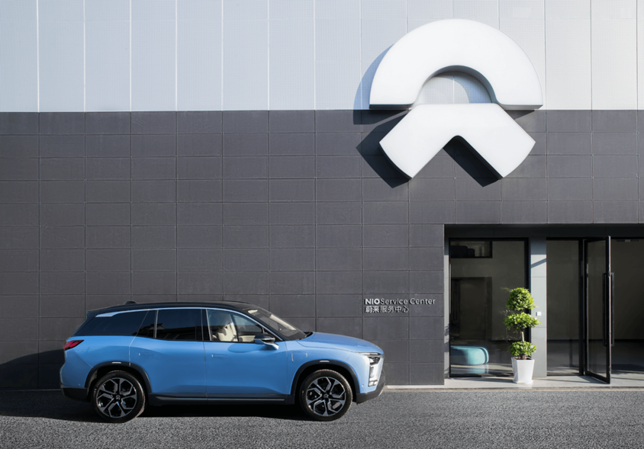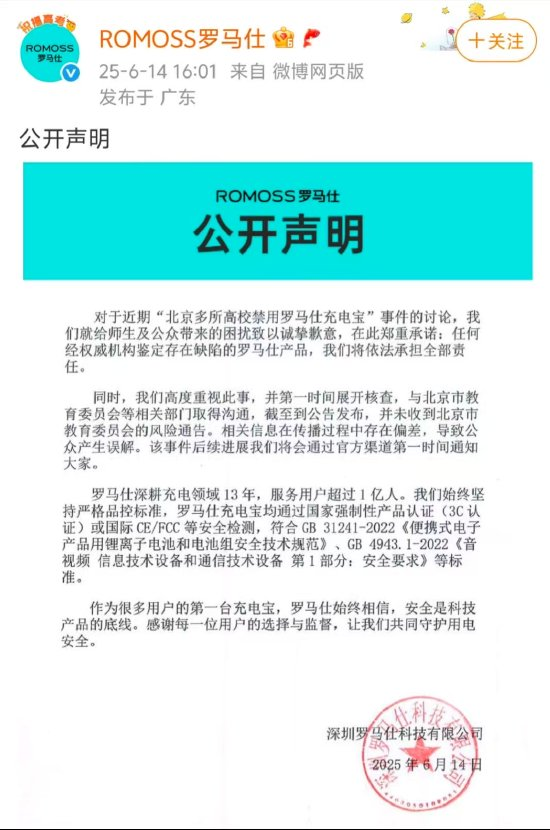
Chinese electric vehicle (EV) start-up Nio is seeking a listing in Singapore, making it the latest U.S.-listed Chinese company to move forward with a secondary listing plan amid U.S. threats of delisting, Global Times reported. The company said on May 6 that it had received a conditional eligibility-to-list letter from the Singapore bourse.

Nio said the listing would be completed by way of introduction to the main board of the Singapore Exchange Securities Trading, meaning that the firm won't issue new shares or raise capital. The company's shares listed in Singapore will be fully fungible with its American depositary shares.
Earlier in March, Nio completed a secondary listing in Hong Kong, also by way of introduction. Nio said at that time the secondary listing in Hong Kong was not aimed at raising funds, but to "provide investors with back-up trading places, mitigate geopolitical risks, and expanding investors group without sacrificing the interests of shareholders," news website jiemian.com reported.
Industry insiders described Nio's secondary listing plan as a "risk-aversion" strategy, given the U.S.' intensified crackdown on Chinese companies, rising uncertainty in international relations, and a rout in U.S. markets.
Global Times reported that the U.S. Securities and Exchange Commission (SEC) added more than 80 Chinese firms on May 4, including Nio, e-commerce platforms JD.com, Pinduoduo, and EV-maker Li Auto and Xpeng, to a list of entities facing possible delisting from the U.S. bourses, citing its so-called Holding Foreign Companies Accountable Act (HFCAA), which came into effect in December 2020.
So far, 128 Chinese firms have been targeted, including 105 on the provisional list and 23 on the conclusive list, according to the SEC website. There are about 200 New York-traded firms with parent companies based in the Chinese mainland or Hong Kong.
The U.S. regulatory body's move, starting earlier this year, has further fueled "homecoming" trend, with the Hong Kong stock market becoming a popular landing point, said Global Times.
RELATED
-
BYD plans to establish a sodium-ion battery plant in eastern China’s Xuzhou with an investment of RMB10 billion ($1.4 billion)
11-20 17:51 -
European Commission President von der Leyen will visit China in wake of the EU’s ongoing probe into China’s subsidies on EV industries
11-20 16:59 -
Chinese auto giant Changan Automobile plans to launch eight self-developed battery cells in the future
11-20 16:26









